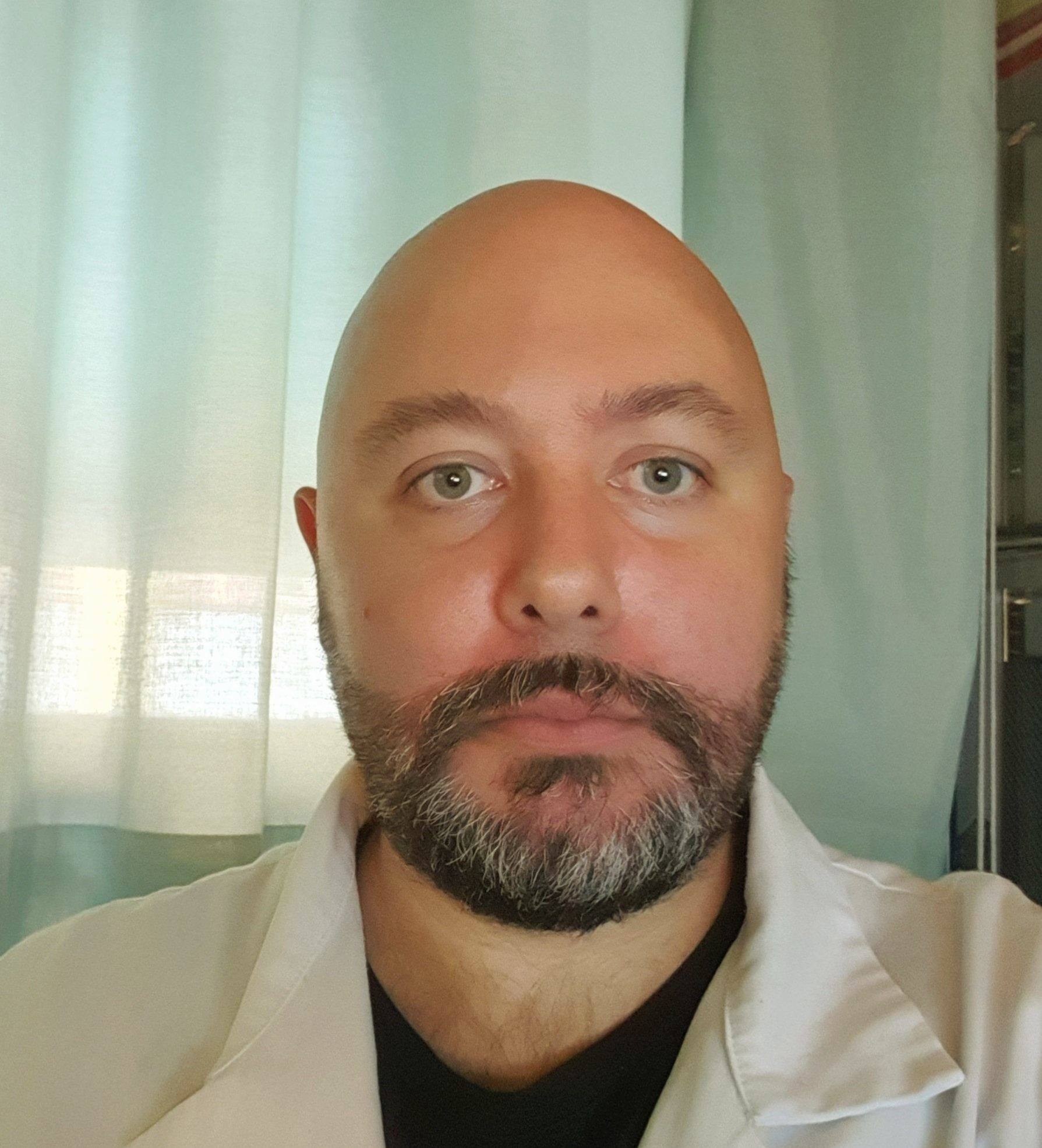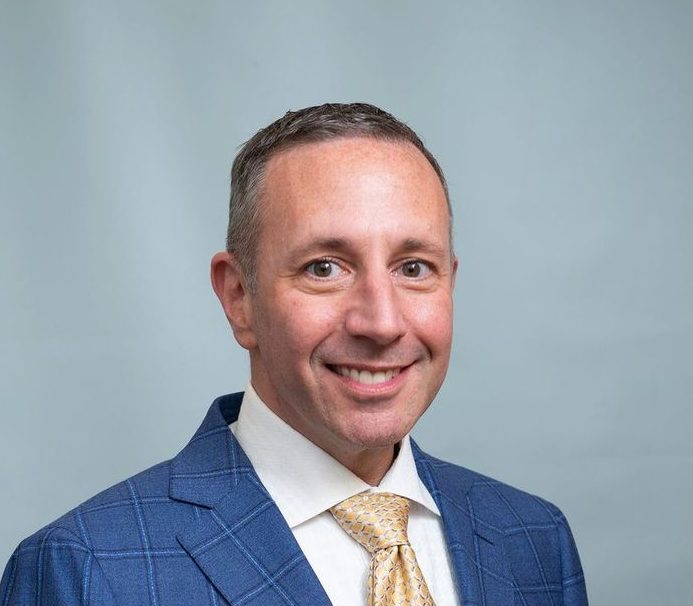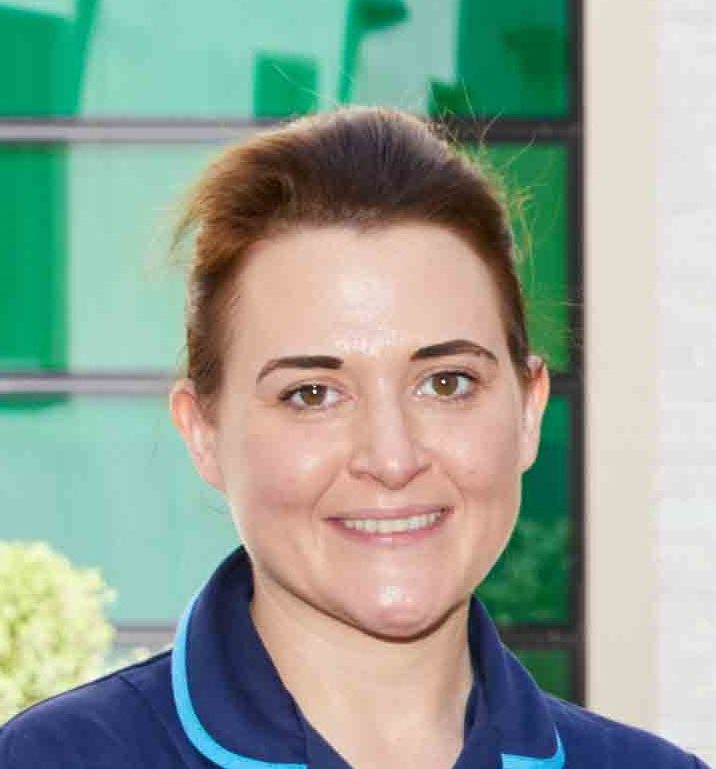In this activity, specialists from MDTs involved in caring for patients with thyroid cancer share their perspectives on biomarker testing and its influence on patient outcomes, and what the latest data for targeted therapies tell us about the prospects for patients with the disease.
This activity is jointly provided by USF Health and touchIME. read more
Target Audience
This activity has been designed to meet the educational needs of oncologists, pathologists, radiologists and oncology specialist nurses involved in the care of patients with thyroid cancer.
Disclosures
USF Health adheres to the Standards for Integrity and Independence in Accredited Continuing Education.
All individuals in a position to influence content have disclosed to USF Health any financial relationship with an ineligible organization. USF Health has reviewed and mitigated all relevant financial relationships related to the content of the activity. Relevant relationships are listed below. All individuals not listed have no relevant financial relationships.
Faculty
Dr Antonio Matrone discloses Advisory board and panel fees from Eli Lilly.
Dr Lori Wirth discloses Advisory board and panel fees from Bayer HealthCare Pharmaceuticals, Blueprint Medicines, Eli Lilly and Exelixis. Consultancy fees from Eisai.
Dr Peter Sadow discloses Consultancy fees from Bayer and Veracyte.
Ms Tara Hurley has no interests/relationships or affiliations to disclose in relation to this activity.
Content reviewer
Alicia Canalejo, APRN has no financial interests/relationships or affiliations in relation to this activity.
Touch Medical Director
Sola Neunie has no financial interests/relationships or affiliations in relation to this activity.
USF Health Office of Continuing Professional Development and touchIME staff have no financial interests/relationships or affiliations in relation to this activity.
Requirements for Successful Completion
In order to receive credit for this activity, participants must review the content and complete the post-test and evaluation form. Statements of credit are awarded upon successful completion of the post-test and evaluation form.
If you have questions regarding credit please contact cpdsupport@usf.edu
Accreditations
Physicians
This activity has been planned and implemented in accordance with the accreditation requirements and policies of the Accreditation Council for Continuing Medical Education (ACCME) through a joint providership of USF Health and touchIME. USF Health is accredited by the ACCME to provide continuing medical education for physicians.
USF Health designates this enduring material for a maximum of 1.0 AMA PRA Category 1 CreditTM. Physicians should claim only the credit commensurate with the extent of their participation in the activity.
The European Union of Medical Specialists (UEMS) – European Accreditation Council for Continuing Medical Education (EACCME) has an agreement of mutual recognition of continuing medical education (CME) credit with the American Medical Association (AMA). European physicians interested in converting AMA PRA Category 1 CreditTM into European CME credit (ECMEC) should contact the UEMS (www.uems.eu)
Advanced Practice Providers
Physician Assistants may claim a maximum of 1.0 Category 1 credits for completing this activity. NCCPA accepts AMA PRA Category 1 CreditTM from organizations accredited by ACCME or a recognized state medical society.
The AANPCP accepts certificates of participation for educational activities approved for AMA PRA Category 1 CreditTM by ACCME-accredited providers. APRNs who participate will receive a certificate of completion commensurate with the extent of their participation.
Nurses
USF Health is accredited as a provider of nursing continuing professional development by the American Nurses Credentialing Center’s Commission on Accreditation.
A maximum of 1.0 contact hour may be earned by learners who successfully complete this continuing professional development activity. USF Health, the accredited provider, acknowledges touchIME as the joint provider in the planning and execution of this CNE activity.
This activity is awarded 1.0 ANCC pharmacotherapeutic contact hour.
Date of original release: 29 November 2021. Date credits expire: 29 November 2022.
If you have any questions regarding credit please contact cpdsupport@usf.edu






